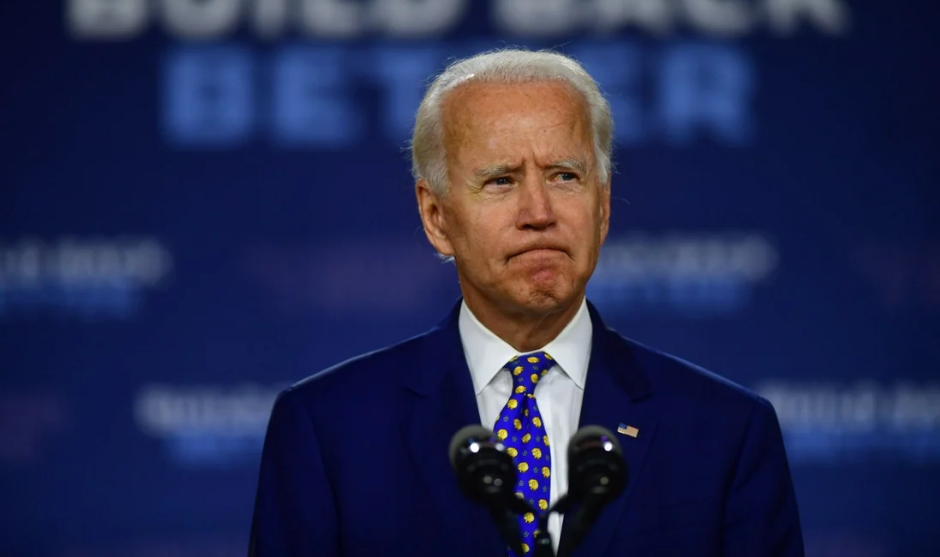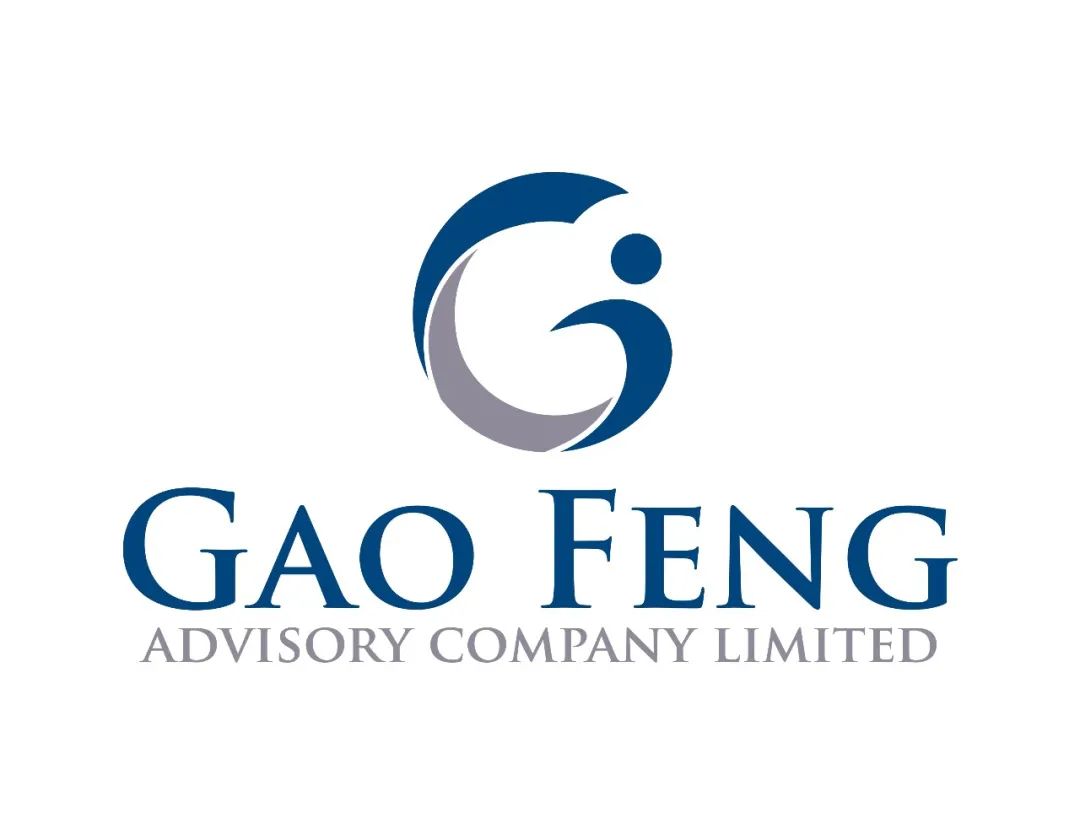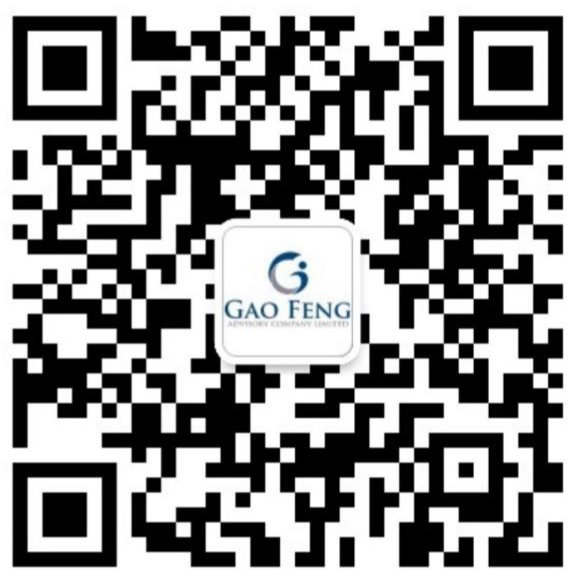SCMP | How Biden’s Plan Takes a Page Out of China’s Playbook
How Biden’s ‘Build Back Better’ Plan Takes a Page Out of China’s Playbook

By Edward Tse
29 Apr, 2021
Originally published by South China Morning Post on April 29, 2021. All rights reserved.
US President Joe Biden inherited much from Donald Trump – including trade tariffs, sanctions on Chinese tech companies and curbs on exports of core technology – yet he is clearly following a different track.
While Trump was obsessed with containing and weakening China, Biden is aware that the real issues are domestic. His team has said more than once that domestic issues need to be addressed and US competitiveness enhanced to fight China’s growing clout.
On March 31, Biden unveiled a US$2 trillion plan to upgrade the nation’s infrastructure and bolster the post-pandemic economy over eight years, to be funded largely by higher corporate taxes.
In a conversation with British Prime Minister Boris Johnson, Biden suggested that democratic countries should have an infrastructure plan akin to China’s Belt and Road Initiative, which should benefit “those communities around the world that need help”.
A US national security commission recently proposed an integrated national strategy to better compete with China in the arena of artificial intelligence.
The plan outlined the need to rebuild the domestic chip supply chain, stay at least two generations ahead of China in microelectronics, and gradually increase investment to US$32 billion per year for the US to win the AI race. Biden has since ordered a review of US semiconductor supply chains.
Biden also promised, in the election run-up, to revitalise US manufacturing. Days after assuming office, on January 25, he announced the Buy American plan for a greater share of annual federal government purchases, which are worth about US$600 billion, to go to US manufacturers.
It is clear that the US government intends to play a major role in expanding American industry. Yet many US politicians, mainstream media and pundits have often criticised the government’s role in China’s economic development – in picking winners, providing subsidies, tilting the playing field and ignoring market rules.
Governments playing a role in a country’s economic development is nothing new. Late US president Franklin Roosevelt’s New Deal was essentially a clutch of major government-sponsored programmes that helped the US get out of the Great Depression.
It was only in the early 1980s that Ronald Reagan turned to neoliberal economic policies, proclaiming that “government is the problem”. This gained further momentum after the Soviet Union collapsed.
China began its reform and opening up at the end of the 1970s under Deng Xiaoping, who opted to experiment with a market economy while retaining the state-planning approach. In the past four decades, this has yielded excellent results for the Chinese economy
.
This approach essentially consists of a three-layer model and a dual economic structure.
The central government sets the direction and the agenda. At the other end, extremely diversified and dynamic entrepreneurs and businesses leverage government policies, technology and shifting demand patterns to push innovation.
Local governments function as bridges between central government policies and entrepreneurs by providing funding and support.
While the dual structure of state and non-state-owned companies can lead to glitches, it also creates significant synergies. A case in point is China’s massive infrastructure expansion over the past few decades.
State-owned enterprises were able to build a high-speed railway network that is the world’s most extensive because they do not evaluate these massive infrastructure projects on narrow economic viability.
The prime considerations are broader social and economic goals, and whether it serves people’s needs. Yet all businesses, including foreign companies, benefit from the infrastructure.
This approach, fine-tuned over decades, is clearly effective, as the Chinese economy has grown at an unprecedented speed and intensity, while achieving critical goals such as poverty alleviation, pandemic control, scientific research and space exploration.
The Chinese government does not just control and dictate, it also sets the agenda, enables and implements.
That China has lifted around 100 million people out of poverty over the past eight years shows the effectiveness of its development approach with its clear processes and key performance indicators. Its success cannot be attributed to merely having thrown money at the issue or a few “draconian” measures.
Can and should the Biden administration replicate China’s approach? While Washington continues to view China as a rival and remains obsessed with containing it, an alternative point of view could be helpful.
That Biden’s team is taking a page out of China’s playbook implies that there is value in viewing China as a benchmark. Contending with another strong country that follows a different system can help a country better reflect on itself and adjust accordingly. I suggest that this is a more constructive way to view the great power contest.
China has picked up a great deal from the Western economic approach and benefited greatly from that learning. Should the US not also learn from China? After all, the Pacific Ocean is large enough to accommodate two major powers.
About the Author
Dr. Edward Tse is founder and CEO, Gao Feng Advisory Company, a founding Governor of Hong Kong Institution for International Finance, Adjunct Professor of School of Business Administration at Chinese University of Hong Kong and Professor of Managerial Practice at Cheung Kong Graduate School of Business. One of the pioneers in China’s management consulting industry, he built and ran the Greater China operations of two leading international management consulting firms (BCG and Booz) for a period of 20 years. He has consulted to hundreds of companies, investors, start-ups, and public-sector organizations (both headquartered in and outside of China) on all critical aspects of business in China and China for the world. He also consulted to a number of Chinese local governments on strategies, state-owned enterprise reform and Chinese companies going overseas, as well as to the World Bank and the Asian Development Bank. He is the author of several hundred articles and five books including both award-winning The China Strategy (2010) and China’s Disruptors (2015), as well as 《竞争新边界》 (The New Frontier of Competition), which was co-authored with Yu Huang (2020). He holds a SM and s SB in Civil Engineering from the Massachusetts Institute of Technology, as well as a PhD and an MBA from University of California, Berkeley.


Gao Feng Advisory
Gao Feng Advisory Company is a professional strategy and management consulting firm with roots in China coupled with global vision, capabilities, and a broad resources network
Wechat Official Account:Gaofengadv
Shanghai Office
Tel: +86 021-63339611
Fax: +86 021-63267808
Hong Kong Office
Tel: +852 39598856
Fax: +852 25883499
Beijing Office
Tel: +86 010-84418422
Fax: +86 010-84418423
E-Mail: info@gaofengadv.com
Website: www.gaofengadv.com
Weibo: 高风咨询公司
